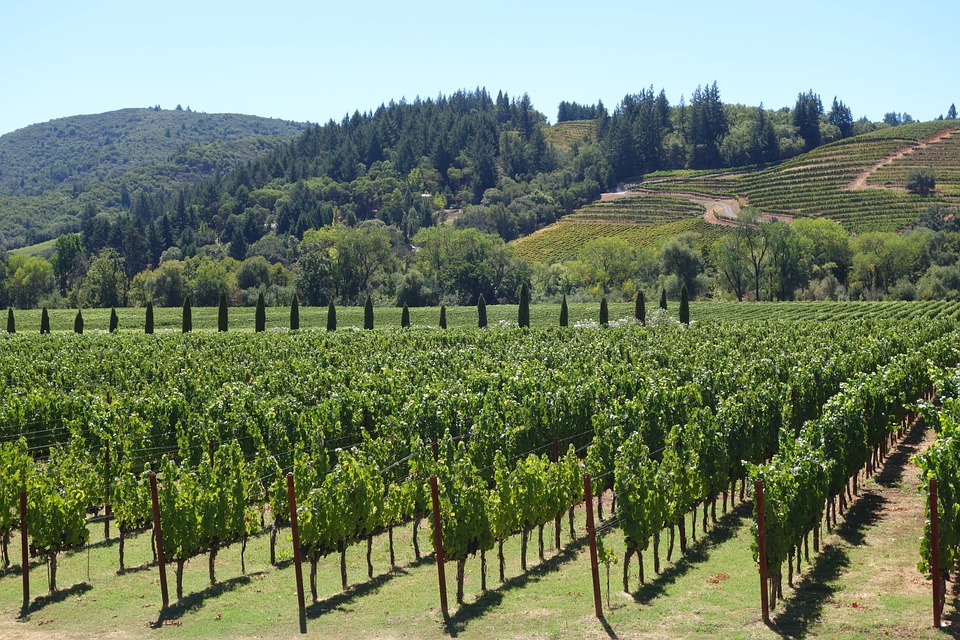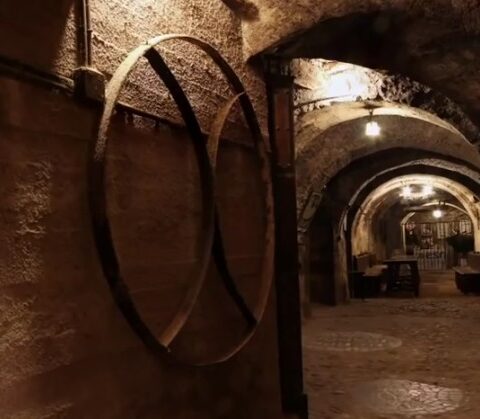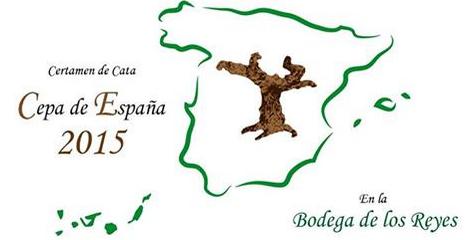Organic Wines Keep it on the Lowdown (Source Wine-search.com By W. Blake Gray)
These were two of the takeaways from Napa Valley’s 10th annual organic grapegrowing conference last week. Napa Valley Grapegrowers says it’s the only annual conference of its type in the country, where growers can explain to each other how to give up the Roundup.
More of Napa Valley’s grapes are grown organically than is commonly realized. Some wineries are afraid to put the word «organic» – let alone «biodynamic» – on a wine label, even if they legally can.
«I talked to a big winery owner recently and he said: ‘I don’t want anyone to know my wine is organic,’ » said distributor Robin Gerber of Spotlight Brands. «He remembers when it was a negative.»
Today, organic produce is one of the hottest growth categories in supermarkets and fetches prices often double those of conventional fruits and vegetables. But the story is different for wine.
«I buy organic pears. I pay $3 more,» says Ivo Jeramaz, vice president of vineyards and production for Grgich Hills Estate. «Nobody pays twice as much for organically grown grapes.»
There is always market confusion between «organic wine», which must be made without added sulfites and is thus prone to spoiling, and «wine made from organically grown grapes». Negative experiences with the former have some wineries shy about using the latter label designation. And I spoke to one grapegrower for a winery that didn’t want to be named who said his winery was certified biodynamic and still farms biodynamically, but let its certification lapse because the owner thought biodynamic theories are too controversial.
There are also hordes of grapegrowers, and not just in Napa, who say they follow the standards of organic farming but do not want to get certified. Steve Matthiason, one of the speakers at the conference, let his certification lapse about five years ago, he said, because he wanted to replant a vineyard but the certifying agency would not allow him to use his existing wooden posts, which had been treated with arsenic.
«I didn’t want to landfill them. That wouldn’t solve anything,» said Matthiason, who makes wine under his own name and also consults on vineyards for high-end wineries like Eisele Vineyard. «So we let our certification lapse but we didn’t change anything. We don’t market ourselves as organic. We use organic practices.»
Let me break the fourth wall for a moment as a wine writer and tell you that I hear this 50 times a year all over the world. How to evaluate it? Should I report it? Generally I choose not to: I can’t spend a summer working with each farmer to know if he’s telling the truth or has a hot tub full of herbicide in the barn that he sprays from a garden hose when nobody’s looking.
Thus, I wasn’t sorry when Long Meadow Ranch CEO Ted Hall said to Matthiason that not getting certified as organic is «just an excuse for not wanting to work hard. I find it sloppy thinking. You either are or you aren’t. What you’re really saying (by not getting certified) is you’re a sloppy farmer.»
Hall added: «I’ve done dozens of tastings and I always tell people, don’t you ever start by saying this is an organically grown wine. You need to connect with the taste of the wine. Then you can have a conversation about the flavors and aromas in the glass. It doesn’t matter to the consumer if it’s organic if you can’t taste it in the glass. We farm organically because we get higher quality with lower cost over a longer period of time. It’s not about eco-marketing.»
Long Meadow Ranch doesn’t use the word «organic» on its bottles, though it does in marketing materials. Grgich Hills, which sells more wine in Europe than most Napa wineries, does put «made from organically grown grapes» on its bottles.
«In Europe it’s huge,» Jeramaz said. «You have to be certified. Maybe it’s coming here. I hope so. People say: ‘We’re organic. We only use a little Roundup.’ You’re not organic. You have to be honest. When I see ‘sustainable’, what’s that? People want to capitalize on a green movement.»
Cost is an important factor. Jeramaz said he researched the age of vines in Napa and discovered that the average vineyard is replanted every 17 to 20 years because younger vines produce more grapes. It’s difficult to push young vines to produce big crops on an organic farming regimen. Grgich Hills makes wines from some vines more than 50 years old, which are more in harmony with their environment so organic farming is easier, but they produce fewer grapes.
«We are in Napa Valley and we can charge more per bottle,» Jeramaz said. «So it’s viable. If we were charging $10 per bottle, it’s not viable.»
Jeramaz held a fascinating tasting of two 2015 Cabernet Sauvignons made from vines in the same Yountville vineyard: one from vines infected with leafroll virus, the other from virus-free vines. The wine made from infected vines was superior – more savory and complex, with better mouthfeel from finer-grain tannins. A non-organic grower might replant virus-infected vines because their yields are lower.
Matthiason says vines make better grapes when they have to live with their environment, bugs and all.
«A pet theory is, part of our high-alcohol problem is the vines don’t have to fight anything because they’re so clean,» Matthiason said. «So they produce too much sugar.»
Most vineyard owners everywhere in the world spray treatments, organic or not, on their grapes several times a year to fight powdery mildew. Matthiason uses some organic anti-mildew oil, especially on vineyards he manages for other people, but says for his own estate grapes, he prefers to leave the mildew alone.
«What I’ve learned is that a certain amount of powdery mildew in Chardonnay, I can’t taste it,» Matthiason said. «Is zero tolerance in mildew necessary? I don’t think so.»
So the next time you’re enjoying a nicely balanced Chardonnay … well, don’t think about it.





